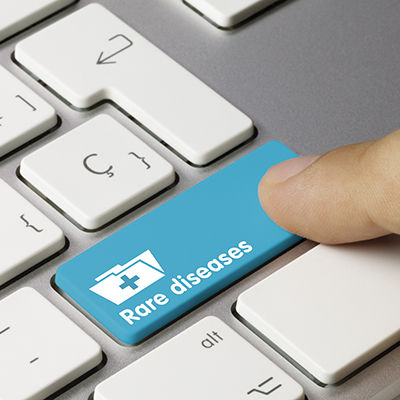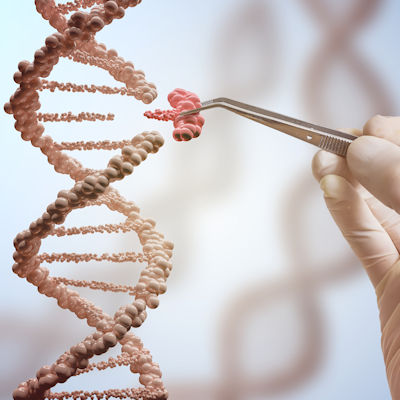January 4, 2021 -- AllStripes and Taysha Gene Therapies have entered a multiyear collaboration focused on advancing the development of TSHA-104, an adeno-associated virus 9 (AAV9)-based gene therapy for the treatment of surfeit locus protein 1 (SURF1)-associated Leigh syndrome.
Under the collaboration, AllStripes will use its technology platform to unify otherwise scattered and fragmented SURF1-associated clinical data, allowing researchers to uncover new insights into patient history and to better inform clinical studies.
Leigh syndrome is a severe neurological rare disease that primarily affects infants. Mutations in the SURF1 gene prevent mitochondria from producing enough energy for cells to function normally, leading to Leigh syndrome. Approximately 10%-15% of people with Leigh syndrome have a SURF1 mutation and there are currently no targeted treatments or cures for SURF1-associated Leigh syndrome.
TSHA-104 has been granted rare pediatric disease and orphan drug designations from the U.S. Food and Drug Administration (FDA). Taysha plans to submit an investigational new drug application for TSHA-104 in SURF1-associated Leigh syndrome to the FDA in 2021.
Copyright © 2021 scienceboard.net









